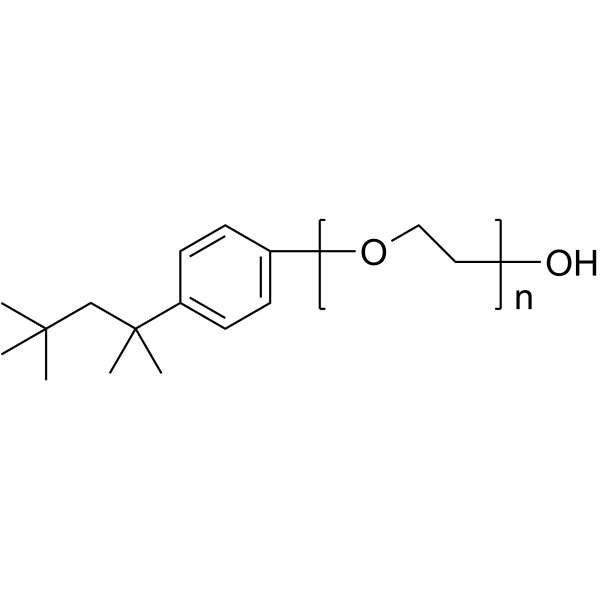| 结构式 | 名称/CAS号 | 全部文献 |
|---|---|---|
 |
曲拉通X-100
CAS:9002-93-1 |
|
 |
四甲基罗丹明甲酯高氯酸盐
CAS:115532-50-8 |
|
 |
DAF-FM DA
CAS:254109-22-3 |